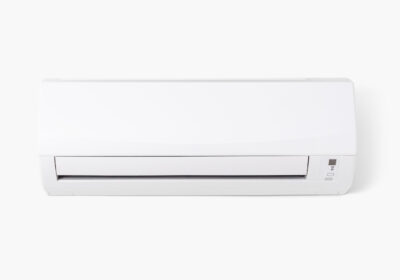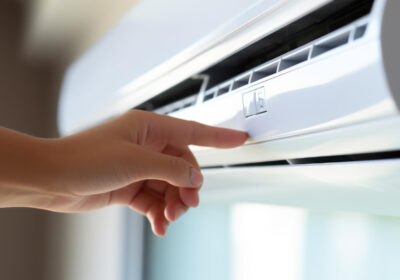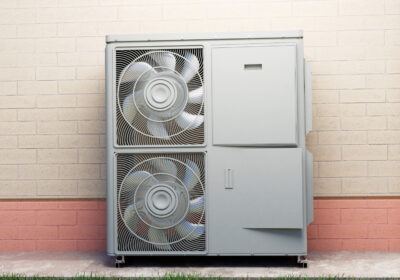Spring Allergies? HVAC Maintenance And Humidity Control
Do you have spring-time allergies? Even though you may avoid the outdoors to keep your stuffy nose and scratchy eyes under control, the air inside your home can still set-off your symptoms — via the heater or air conditioner. If you have seasonal allergies, take a look at the dos and don’ts of spring HVAC use and system maintenance.
Do Schedule a Spring Cleaning
When was the last time a professional cleaned your HVAC system? Whether you haven’t touched the air conditioner since last summer or the heater has seen better days, you need to schedule a spring cleaning ASAP. This essential HVAC service can help allergy sufferers in several different ways, including:
- A Filter Upgrade: What is your filter’s MERV rating? If you don’t know or it’s a low number, the HVAC professional can suggest a filter that can catch more potential allergens when they clean the system.
- Clean Ducts: The central unit isn’t the only part of your home’s HVAC system. A dirty heater, air conditioner, or filter can force allergens into the ducts and throughout your home. If your ducts are dusty or filled with debris, the system could re-circulate allergens around your house.
- Better Function: The better your home’s HVAC system works, the more allergens it can clear from the air. A spring cleaning and routine maintenance check-up help your furnace or air conditioner function at peak performance.
If a spring cleaning still leaves your home with poor indoor air, you may need to explore other potential problems. An aging or damaged HVAC system may require a replacement. A qualified contractor can inspect the system, look for allergen-related issues, and recommend the best treatment option for your home’s and allergy’s needs.
Don't Let Humidity Go Unchecked
Even though hay fever brought on by pollen and plant life is the primary cause of your springtime allergies, indoor culprits such as mold or dust mites may also trigger or add to these symptoms. A humid, moisture-rich environment is a breeding ground for these potential allergens. Without adequate control, your home’s humidity could worsen your allergies, leaving you with respiratory issues and other uncomfortable symptoms.
If your home has excessive moisture, chances are your HVAC system isn’t working at peak performance or needs extra assistance. While there are other causes of a home humidity problem (such as leaks or improperly installed insulation), AC issues can affect the indoor air quality and aggravate allergies. To reduce this risk:
- Call a Contractor For a Repair: Contact a qualified HVAC contractor to make sure the air conditioner can extract moisture from the air. If you notice excess humidity and the system doesn’t cool your home effectively, a contractor can assess, diagnose, and repair the issue.
- Install a Dehumidifier: A one-room dehumidifier may help an immediate or partial home issue. But if your house is humid everywhere, you may need a larger solution. An HVAC contractor can help you to explore whole-home humidifier options or ways to integrate this type of appliance into the existing system.
- Invest in a New System: An older AC system that’s near the end of its lifespan may suffer from efficiency issues. This can lead to high utility bills and even higher humidity. If your air conditioner will cost more to repair than replace, consider a new AC investment.
Along with system failure, damage, and age, improper sizing can also impact the AC system’s ability to remove humidity from the air. If your air conditioner is too larger or small for your home, you may need to replace it.
Do you need a new air conditioner? Contact Baton Rouge Air Conditioning and Heating for more information.






Share This